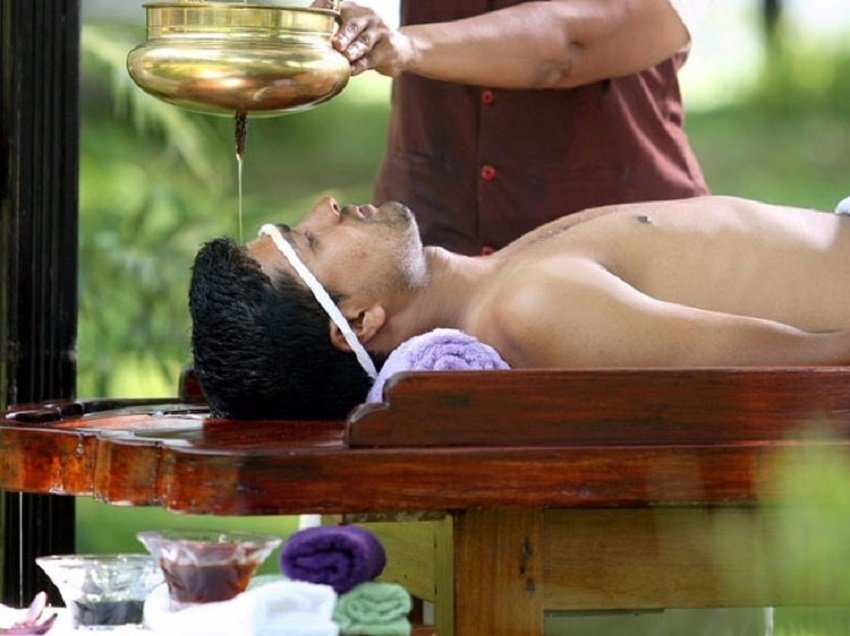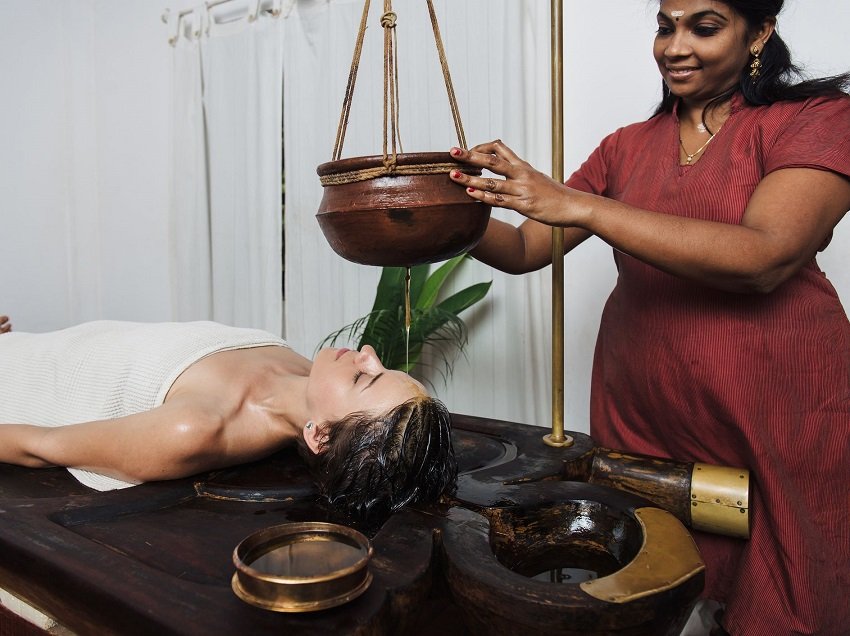
Addiction is a complex and multifaceted phenomenon that involves both physical and psychological factors. At its core, addiction is a compulsive and often uncontrollable urge to engage in a particular behavior, despite negative consequences or adverse effects on one's physical or mental health, relationships, and social functioning.
One important aspect of addiction is that it involves changes in the brain's reward system. Repeated exposure to a substance or behavior that produces pleasurable or rewarding effects can lead to changes in the brain's neurotransmitter systems, which in turn can result in a heightened desire for that substance or behavior. Over time, the individual may require increasing amounts of the substance or behavior to achieve the same level of reward, leading to a cycle of dependence and escalation.
Addiction is not always a clear-cut diagnosis, and many individuals may struggle with multiple forms of addiction simultaneously. Additionally, addiction can manifest differently in different individuals, and may vary in severity and impact on their lives.
Substance addictions:
Substance addictions involve the repeated use of a drug or other substance that leads to physical dependence and withdrawal symptoms when the substance is no longer used.
Behavioral addictions:
Behavioral addictions, also known as process addictions, involve the repeated engagement in a particular behavior or activity that produces pleasurable or rewarding effects, but which may have negative consequences on an individual's physical or mental health, relationships, and social functioning.
Other types of addiction:
Topical treatments are not commonly used for the treatment of addiction. However, some topical treatments may be used to manage symptoms associated with addiction or withdrawal, as part of a comprehensive treatment plan.
There are several different types of topical treatments available, including:
Topical pain relievers: Prescription or over-the-counter creams, gels, or patches that contain medications like lidocaine, menthol, or capsaicin can be applied topically to provide relief from pain associated with opioid addiction or withdrawal.
Transdermal patches: These are medicated patches that are applied to the skin and deliver a controlled dose of medication into the bloodstream. Patches containing medications like clonidine or buprenorphine can be used to manage symptoms of opioid withdrawal.
Antiperspirants: Prescription-strength antiperspirants containing aluminum chloride may be used to reduce sweating associated with withdrawal from alcohol or opioids.
Topical steroids: Prescription-strength steroid creams or ointments may be used to reduce skin inflammation or itching associated with drug or alcohol abuse.
Sunscreen: Individuals with a history of substance abuse may have increased risk for skin cancer, due to exposure to harmful UV rays during outdoor activities while under the influence. Using a broad-spectrum sunscreen with an SPF of 30 or higher can help to reduce the risk of skin cancer.
Topical treatments can be used alone or in combination with other treatments, such as light therapy or systemic medications. It is important to follow the healthcare provider's instructions when using topical treatments, including how often to apply the medication and how to properly apply it. It may take several weeks or months to see improvement with topical treatments.
Ayurveda, a traditional system of medicine originating from India, offers a holistic approach to the treatment of addiction. Ayurvedic treatment for addiction involves addressing the underlying physical, emotional, and spiritual imbalances that contribute to addiction, and restoring balance to the body and mind.
Here are some Ayurvedic treatments that may be used for addiction:
Panchakarma: Panchakarma is a detoxification treatment that involves a combination of therapies like massage, herbal remedies, and specialized diets to remove toxins from the body and restore balance.
Meditation and Yoga: Ayurvedic practitioners often recommend meditation and yoga to help individuals with addiction develop mental and emotional stability, reduce stress, and improve overall well-being.
Herbal remedies: Ayurvedic practitioners may prescribe herbal remedies to help manage symptoms of addiction and support detoxification. Examples include ashwagandha, guggulu, and triphala.
Lifestyle changes: Ayurvedic treatment for addiction may involve making lifestyle changes such as avoiding alcohol and drugs, adopting a healthy diet, exercising regularly, and getting sufficient sleep.
Counseling and support: Ayurvedic practitioners may offer counseling and support to help individuals with addiction address the emotional and psychological factors that contribute to addiction.
It is important to note that Ayurvedic treatment for addiction should only be undertaken under the guidance of a qualified Ayurvedic practitioner, in conjunction with other evidence-based addiction treatments. Ayurvedic treatments should not be used as a substitute for medical treatment or professional counseling.
Addiction is a complex issue, and managing it often requires a combination of approaches, including lifestyle changes.
Here are some lifestyle changes that may help in managing addiction:
Seek Professional Help: Seeking professional help is the first step to managing addiction. A trained professional can help you identify the root cause of your addiction, provide counseling, and recommend a personalized treatment plan.
Join a Support Group: Joining a support group can help you connect with others who are going through similar experiences. This can provide emotional support, a sense of community, and a safe space to share your struggles.
Develop Healthy Habits: Developing healthy habits such as eating a balanced diet, exercising regularly, getting enough sleep, and practicing stress-reducing activities such as yoga or meditation can help in managing addiction.
Avoid Triggers: Identify and avoid triggers that may lead to cravings or relapse. This may include avoiding certain people, places, or activities that you associate with substance use.
Engage in Meaningful Activities: Engage in activities that give you a sense of purpose, such as volunteering, pursuing a hobby, or joining a club. This can help in building self-esteem and confidence, and provide a distraction from addictive behaviors.
Set Goals: Setting and achieving goals can provide a sense of accomplishment and help in building self-esteem. Start with small, achievable goals, and gradually work towards bigger ones.
Practice Self-Care: Prioritize self-care activities such as taking care of your physical, emotional, and spiritual well-being. This may include taking a relaxing bath, getting a massage, practicing mindfulness, or attending a support group.
Remember, managing addiction is a journey that requires commitment, patience, and perseverance. Don't hesitate to seek help and support from professionals and loved ones along the way.
Addiction can have a range of physical and emotional impacts on a person's life, which may vary depending on the type of addiction and the individual's circumstances.
Physical Impacts:
Damage to Organs: Substance abuse can cause damage to various organs, such as the liver, lungs, and heart. Long-term use can lead to serious health problems, such as cancer, cirrhosis, and respiratory issues.
Increased Risk of Accidents: Substance abuse can impair a person's judgment, coordination, and reaction time, increasing the risk of accidents and injuries.
Withdrawal Symptoms: When a person stops using a substance, they may experience withdrawal symptoms such as nausea, tremors, seizures, and depression.
Increased Tolerance: Over time, a person may need higher doses of a substance to achieve the same effect, which can lead to increased risk of overdose.
Emotional Impacts:
Depression and Anxiety: Substance abuse can contribute to the development of mental health issues, such as depression and anxiety.
Isolation and Withdrawal: Addiction can lead to isolation and withdrawal from social activities and relationships, leading to feelings of loneliness and despair.
Financial and Legal Problems: Addiction can lead to financial and legal problems, such as loss of employment, debt, and legal issues related to substance use.
Relationship Issues: Addiction can strain relationships with friends, family, and romantic partners, leading to conflict and loss of support.
Shame and Guilt: Addiction can lead to feelings of shame and guilt, which can further exacerbate mental health issues and lead to self-destructive behaviors.
These physical and emotional impacts of addiction underscore the importance of seeking professional help and support in managing addiction.
The length of addiction treatment can vary depending on the individual's needs and circumstances. Some people may complete treatment in a few weeks, while others may require several months or longer.
There are many different types of addiction treatment available, including inpatient treatment, outpatient treatment, individual therapy, group therapy, medication-assisted treatment, and support groups such as Alcoholics Anonymous or Narcotics Anonymous.
Not all addiction treatment programs involve medication. However, medication-assisted treatment (MAT) is a common approach for opioid and alcohol addiction. MAT involves the use of medications such as methadone, buprenorphine, or naltrexone to help reduce cravings and withdrawal symptoms.
While some people are able to overcome addiction without professional help, most individuals benefit from treatment that is guided by trained professionals. Addiction is a complex condition that often requires a combination of approaches to address effectively.
The cost of addiction treatment can vary depending on the type of treatment, the length of treatment, and other factors. Many treatment programs accept insurance or offer financial assistance to help make treatment more affordable.

Professional and individual care by highly experienced and well-skilled Ayurvedic guru's.
Contact Us
Every aspect of your care is coordinated and teams of experts work together to provide exactly the care you need.
Contact Us
We serve healthy & fresh Ayurvedic food that suits your customized treatment plans to stimulate rejuvenation & health.
Contact Us